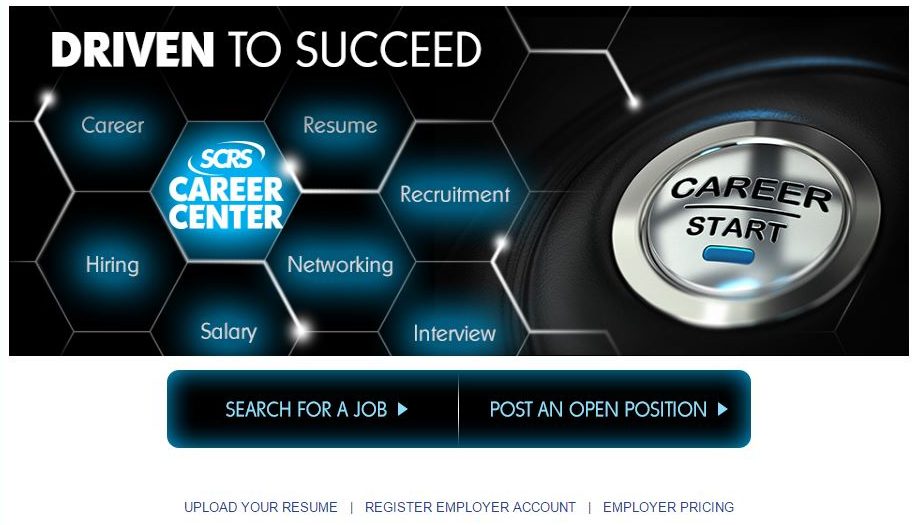
Gene Marks: 4 ways a good controller helps grow your company
By onBusiness Practices | Market Trends | Repair Operations
Editor’s note: Repairer Driven News regularly features pieces by prolific national columnist Gene Marks. While despite not being directly related to collision repair, they should still prove valuable to the small-business owners and employees which make up much of the industry.
This column, originally published in Entrepreneur on Jan. 19, examines the role of a controller. While many collision repair businesses might be too small to need one, any shop could benefit from applying some of the qualities Marks says a good controller brings to a company.
By Gene Marks
You know you’re no longer a really small business when it’s time to hire a controller.
When you started up the company, all of your accounting was done by you or your spouse on a spreadsheet. Then you grew and moved the numbers from a spreadsheet to a basic accounting system. You grew a little more. You hired an outside accountant to do your books and tax returns. But you needed someone around more often. So you brought on a bookkeeper.
So that’s where you are. A couple of dozen employees. A bookkeeper. An outside accountant. But wait — your company is still growing. It’s getting close to the time where you need to hire a controller.
Hiring a controller is a big step. For starters, it won’t be cheap.
Back in 1994, I was hired as a controller for a 40-person publicly-held company in the Philadelphia area, and my salary then was $75,000. (Editor’s note: $75K then was $121,461 in 2016.) You’re going to pay at least that much for a competent controller, plus benefits. You might get away with something less if you’re located in a smaller region with a lower cost of living.
Just remember — where you live, you’ll get what you pay for. A good controller is a good negotiator. If you’re outnegotiating a potential controller on her salary, exactly how good will she be negotiating with suppliers on your company’s behalf?
So what exactly does a competent controller do? She will literally change your business. She is not a bookkeeper and she is not an accounting manager. In fact, she’s much more than just an accountant. For a business your size, she’s your main financial go-to person. Here’s what she’ll do:
She’ll take ownership of everything on her financial statements
Again, it’s her P&L. She owns the accounting system and is responsible for every data entry point. She knows every number going through it. She knows why expenses increased and why some fell. She knows if something’s gone missing. She’s familiar with your sales and your backlog. She doesn’t fall into a stupor reading your general ledger — in fact, she actually enjoys it.
She will be part of every big decision — the purchase of a new piece of equipment, the hiring of a manager, the investment in property, the changing of health insurance plans — because these decisions affect her financial statements. She will be the primary person for your banking, insurance and legal relationships. She creates budgets and measures them against results. She’s all about the numbers. She loves the numbers.
From Service King’s new COO to smaller shops: When to add certain positions to your business
She will enjoy finding cost savings
A sales manager’s job is to increase sales. A controller looks to improve a company’s profitability. Your controller will know if sales are satisfactory, but she will primarily be looking at expenses.
She will ask herself: How can I shave another 5 percent from our insurance costs? How can I improve the margin on this product by a percentage point? Why are we spending so much on freight? Does this department really need all those people or can some be more productive somewhere else? Are we incurring too much overtime in this area?
This is her job. She loves finding cost savings. She’s all about growing profitability. You don’t tell her to cut expenses. She tells you.
She will not do data entry, she will manage data entry
This is an important lesson: if you’re going to spend upwards of six figures on a controller, then you will need to understand that this is not a bookkeeper or accounts payable staff person. You will need to make sure that this person has those people on her staff. She is not replacing them. You are adding to your overhead by hiring her.
A controller’s job is not to do data entry. Her job is to supervise it and make sure it’s done fast, accurately and securely. She’s an enormous fan of technology and looks for new applications, services and tools to keep her department (and others) running productively and with minimal resources. She gets reports. She analyzes. She directs. She manages. She advises. She takes action. But she is not sitting in her office all day keying in data, other than the occasional update of a spreadsheet or email.
Need an automotive job? Need to hire for an automotive job?
Try the SCRS-Auto Care Association-SEMA job board.
Finally, she will be a pain in the neck
When I was hired as a controller, the CEO of the company told me that if he received a call every week from a supplier complaining about me, then I was doing a good job. Maybe that’s a little overboard, but you get the point. A controller should be a pain in the neck to your suppliers — professionally, of course.
She should also be a bit of a pain in the neck to your other managers, too — professionally as well, of course. Most importantly, she should be a pain in the neck to you, without any regard of professionalism whatsoever because you’re a big person, have a thick skin and know that she’s looking out for the best interests of your company.
To that end, she should be the type of person who’s not afraid to lecture you if she doesn’t agree with how you’re spending the company’s money. You want her opinion. You want her to be your watchdog. You may not always listen to her. But you’ll appreciate her point of view.
There’s no golden rule for when you hire a controller. You’ll know it. You’ll know that your company’s reached the size where a bookkeeper and a once-a-year tax accountant are no longer going to cut it. You’ll know that you don’t need another bean counter. You need a financial partner who’s sitting in an office near you and looking after your company’s money. Your money. When you find that right person, you’ll happily pay her.
This column originally appeared in Entrepreneur on Jan. 19.

Gene Marks is a columnist, author, and small business owner. http://genemarks.com. Gene writes every day on business, politics and public policy for the Washington Post and weekly for Forbes, Inc. Magazine, Entrepreneur and the Huffington Post. Marks has written 5 books on business management, specifically geared towards small and medium-sized companies. His most recent is “The Manufacturer’s Book of Lists.” Nationally, Marks appears on Fox News, MSNBC and CNBC discussing matters affecting the business community. Through his keynotes and breakout sessions, Marks helps business owners, executives and managers understand the political, economic and technological trends that will affect their companies so they can make profitable decisions. Marks owns and operates the Marks Group PC, a highly successful 10-person firm that provides technology and consulting services to small and medium-sized businesses. Prior to starting the Marks Group PC, Marks, a Certified Public Accountant, spent nine years in the entrepreneurial services arm of the international consulting firm KPMG in Philadelphia, where he was a senior manager.
“4 Ways a Good Controller Helps Grow Your Company”
Gene Marks via Entrepreneur, Jan. 19, 2016
Images:
Columnist Gene Marks. (Provided by the Marks Group)
Free coffee might keep your top employees from jumping ship, according to Gene Marks of the Marks Group in a 2016 Entrepreneur column. (efetova/iStock)

